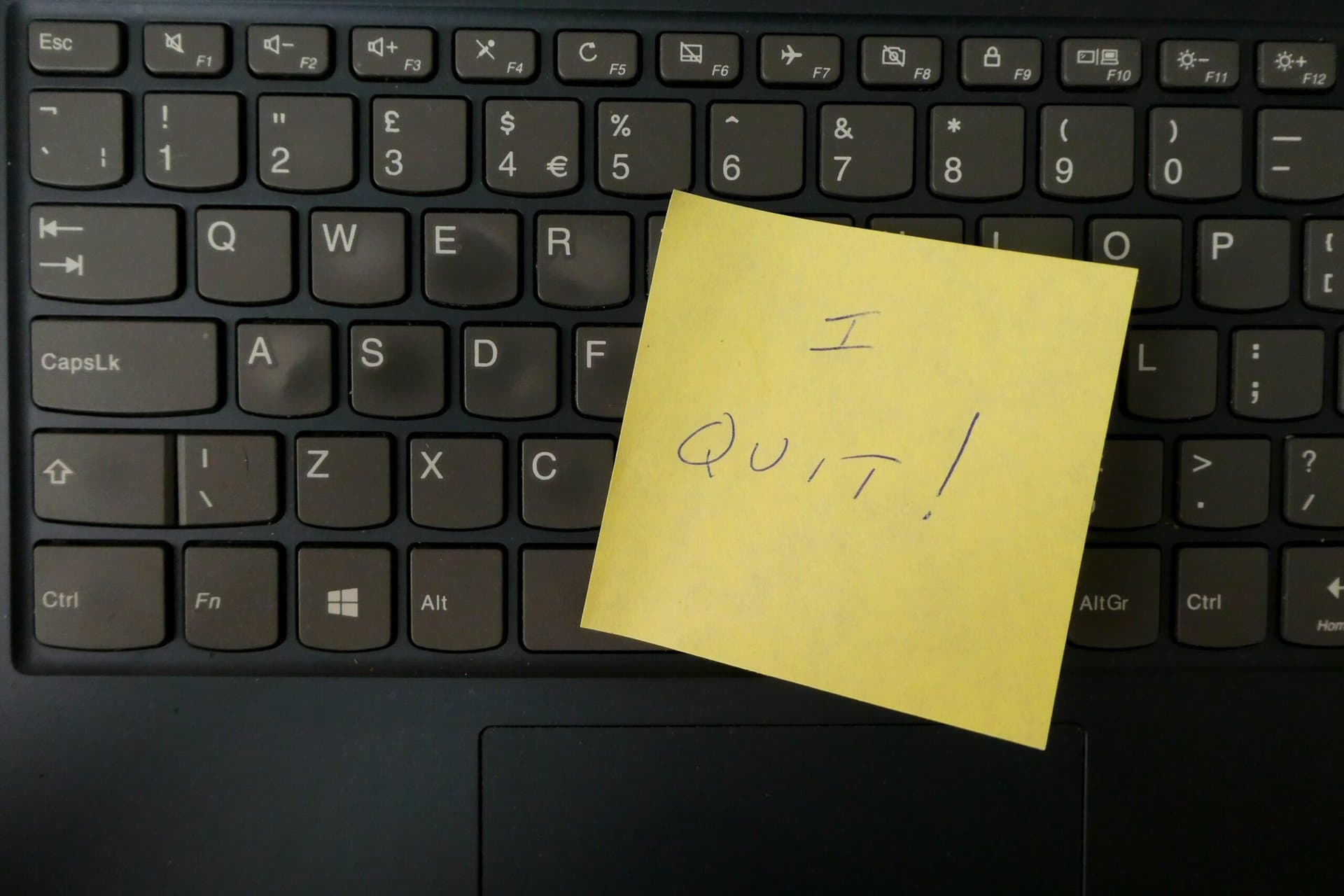Quitting your job: 10 tips you should keep in mind
In this article, we give you 10 valuable tips for a professional and uncomplicated resignation from your job.

Quitting a job can be a life-changing decision. Whether you are looking for a more exciting position, want to advance your career, or simply desire a new challenge, it is important that you follow some rules when resigning. In this post, we provide you with 10 valuable resignation tips to make quitting your job easier.
1. Reflect on your reasons
Before taking concrete steps to quit your job, you should re-evaluate your reasons for resigning. Because a professional resignation begins with self-reflection. Consider whether your concerns at your current job can be resolved or if it’s truly time to move on. These considerations help ensure that you are making the right decision for your career goals.
2. Plan your finances
Resignation often means a temporary loss of income. So make sure you have enough savings to cover your expenses during the transition period.
3. Job searching while employed
If possible, you should not quit your current job without already having found a new position. Being still employed can provide stability during the job search and act as leverage in negotiations with potential employers. Additionally, you can minimize gaps in your resume.
Gap in your resume? Here's how to handle it
4. Adhere to the notice period
Respect your employer and colleagues by adhering to your notice period. This can be found in your employment contract or the company policies. This allows the company to make the necessary arrangements, and you can ensure you avoid negative consequences and remain on good terms with your team.
5. Prepare your resignation letter
Once you have made the final decision to quit your job, you should prepare a professional resignation letter. Keep it brief and polite and thank them for the opportunities you have had during your tenure. Avoid expressing negative feelings towards the company or colleagues. Instead, focus on the positive experiences.
6. Have a personal conversation with your supervisor
When it is time to submit your resignation, ask for a personal conversation with your supervisor. It is important that you, if possible, deliver and explain your decision personally. We recommend maintaining a positive and professional attitude throughout the entire resignation conversation.
7. Be prepared for a counteroffer
In some cases, your employer may try to persuade you to stay with a counteroffer. Consider carefully before making a decision. Evaluate the reasons for your original decision to leave the company, and assess whether the counteroffer addresses the underlying concerns.
8. Ensure a smooth transition
Try to complete any pending tasks during your notice period. Additionally, be sure to transfer your knowledge appropriately and create handover documents to ensure a smooth transition for your successor. A proper task handover is an important step to demonstrate professionalism and leave a positive impression with your colleagues.
9. Stay professional
Even if you are relieved or excited about leaving, it is important to maintain a professional demeanor until the end. Avoid speaking negatively about the company to your colleagues, spreading gossip, or slacking off during your notice period. These actions can damage your reputation and potentially affect your references!
10. Express your gratitude
Thank colleagues, supervisors, and others who have supported you along the way on your last day. It is also wise to exchange contact information with close colleagues to maintain valuable professional contacts.
Quitting your job is an important step in your career path. Resigning professionally requires careful consideration and planning. It is important to navigate the transition with professionalism and gratitude. Because a positive departure lays the foundation for future opportunities and lasting professional relationships.

